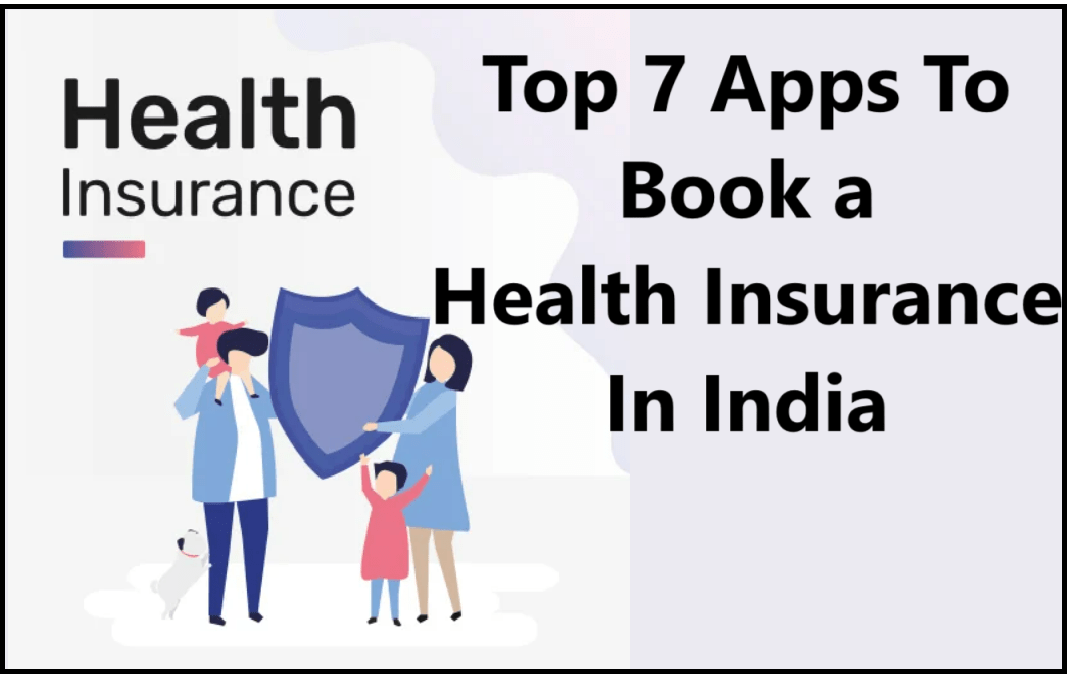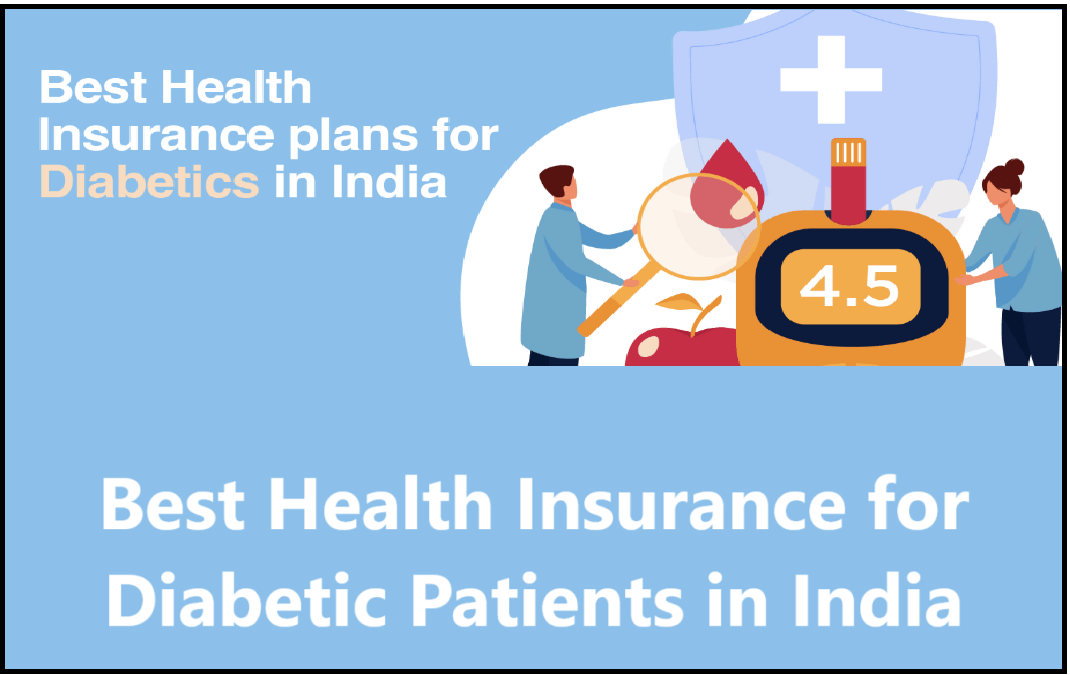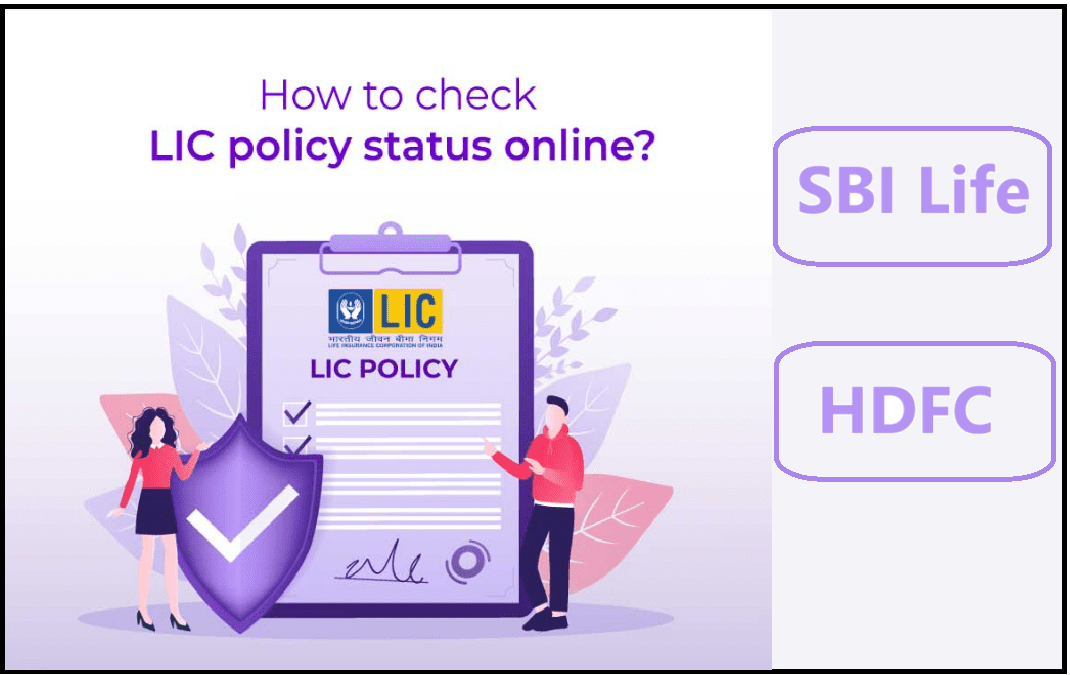How to Maximize Health Insurance Tax Benefits in India (2025 Guide)
Health insurance isn’t just a safety net for medical emergencies—it’s also a powerful tax-saving tool. Under Section 80D of the Income Tax Act, you can claim deductions up to ₹75,000 annually on premiums paid for yourself, family, and parents. However, most taxpayers miss out on maximizing these benefits due to lack of awareness or planning.
This 2025 guide explains how to optimize health insurance tax savings, compares policies for seniors vs. young families, and answers FAQs like “Can I claim both 80D and HRA?” Let’s unlock the full potential of your health cover!

Understanding Section 80D Deductions
1. Who Can Claim?
- Individuals & HUFs: Premiums paid for self, spouse, children, and parents.
- Senior Citizens: Parents aged 60+ qualify for higher deductions.
2. Deduction Limits (FY 2024-25)
| Category | Deduction Limit |
|---|---|
| For self/family (below 60) | ₹25,000 |
| For parents (below 60) | ₹25,000 |
| For parents (60+) | ₹50,000 |
| Total Maximum (Self + Senior Parents) | ₹75,000 |
Example: If you pay ₹30,000 for your policy (age 40) and ₹55,000 for senior parents, you can claim ₹25,000 + ₹50,000 = ₹75,000.
7 Strategies to Maximize Tax Benefits
1. Insure Your Parents (Even If They’re Healthy)
- Why?: Senior citizen policies offer up to ₹50,000 deduction vs. ₹25,000 for non-seniors.
- Tip: Opt for a separate policy for parents to avoid clubbing limits.
2. Prepay Premiums for Multiple Years
- How?: Pay premiums for 2-3 years upfront in a single financial year.
- Benefit: Claim the entire amount in one year if you’re in a higher tax bracket.
3. Combine with Preventive Health Check-ups
- Deduction: ₹5,000 per year for preventive tests (included in the ₹25,000/₹50,000 limit).
- Tip: Use insurers like Star Health or HDFC Ergo that offer free annual check-ups.
4. Choose the Right Policy Type
- Individual vs. Family Floater: Family floaters cover multiple members under one premium, simplifying deductions.
- Critical Illness Riders: Premiums paid for add-ons qualify under Section 80D.
5. Leverage Super Top-Up Plans
- How?: Super top-ups cover high medical costs (e.g., ₹10 lakh coverage with ₹5 lakh deductible).
- Tax Benefit: Premiums are deductible under 80D.
6. Pay via Non-Cash Methods
- Rule: Only premiums paid via bank transfer, cheque, or digital wallets qualify. Cash payments are invalid.
7. Claim Deductions for Overseas Treatments
- Condition: Treatments in foreign hospitals are covered if the policy includes international coverage.
- Example: ICICI Lombard’s Global Health Cover.
Comparison: Top Health Insurance Plans for Maximum Tax Savings
| Policy | Best For | Senior Citizen Deduction | Preventive Check-up |
|---|---|---|---|
| Star Health Senior Citizen Red Carpet | Parents aged 60+ | ₹50,000 | Free annual tests |
| HDFC Ergo Optima Restore | Family floater | ₹25,000 (non-senior) | ₹5,000 reimbursement |
| ICICI Lombard Health Advantage | Critical illness | ₹50,000 | Included |
Common Mistakes to Avoid
- Overlooking Parent’s Age: If parents turn 60 mid-year, update their policy to claim ₹50,000.
- Missing Deadlines: Pay premiums before March 31 to claim deductions in the same FY.
- Ignoring Employer Policies: Employer-paid premiums reduce your 80D limit.
- Example: If your company pays ₹15,000, your maximum claim becomes ₹25,000 – ₹15,000 = ₹10,000.
- Not Keeping Records: Save premium receipts and policy documents for ITR filing.
Case Study: Saving ₹37,500 in Taxes
- Scenario: Rohan (30) pays ₹20,000 for his family floater and ₹35,000 for his senior father’s policy.
- Deductions:
- Self/Family: ₹20,000 (full claim as <₹25k limit).
- Senior Parent: ₹35,000 (capped at ₹50k limit).
- Tax Saved: ₹55,000 × 30% (tax slab) = ₹16,500/year.
FAQs
Q1. Can I claim both 80D and medical expense deductions (Section 80DDB)?
A: Yes! Section 80DDB allows ₹40,000–₹1 lakh for specific critical illnesses, separate from 80D.
Q2. Are Ayurvedic treatments covered?
A: Only if your policy explicitly includes alternative treatments (e.g., Niva Bupa’s Heartbeat plan).
Q3. Does the new tax regime allow 80D deductions?
A: No. Stick to the old regime to claim Section 80D benefits.
Q4. Can I claim premiums paid for my sibling?
A: No. Only self, spouse, children, and parents qualify.
Q5. What if I haven’t filed my policy with my employer?
A: You can still claim deductions while filing ITR, but inform your employer to adjust TDS.
Conclusion
Maximizing health insurance tax benefits requires strategic planning—insuring senior parents, prepaying premiums, and choosing the right policy type. By leveraging Section 80D, you can save up to ₹75,000 annually while securing your family’s health.
Pro Tip: Review your policy before March 31 to optimize deductions. For more insights, explore our guide on Top Health Insurance Plans for Tax Savings.
CTA: “How much did you save using Section 80D? Share your tips in the comments!”





